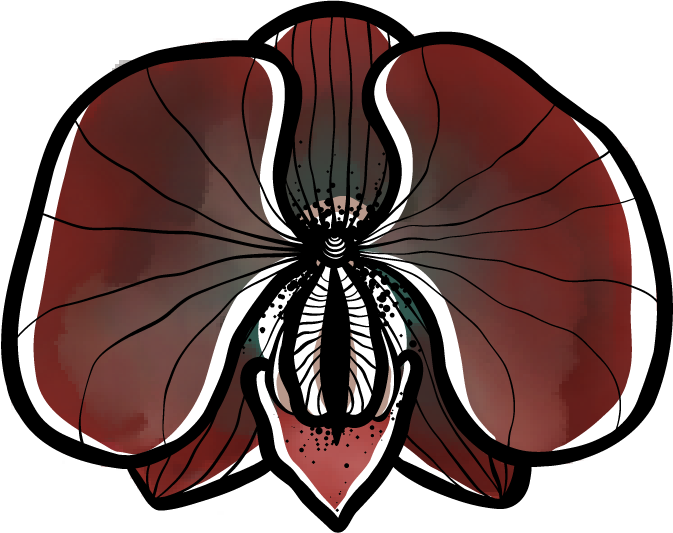I write this as my daughter is crying in the bedroom. My husband is in there with her, trying to coax her to put on her pajamas and get into bed. At the surface is her desire to watch a cartoon show, a rare treat for her. We don’t own a television and rarely even show her our phones, but she is learning to use the toilet and her reward for a good attempt is to see an episode of a show about this friendly tiger kid she loves.
Beneath the surface of her emotional struggles is that she hasn’t pooped today. We tried. She tried. But she got scared and everyone knows what happens when you try to poop scared. Nothing worked — not the old squatting position that has always done the trick, the offer of eating a date after using the toilet, not even the promise of her show. It’s futile to reason with a toddler. All that is possible is to breathe through these episodes and remember that it is not personal. Her stomach hurts, she’s unsure of the wide, expansive feeling beneath her diaperless bottom, and she’s frankly confused about why this is all so important.
Not so terrible
As soon as my daughter turned two, people started using the word “terrible” a lot more often. I am vocal about my request not to label it as such. Not only do we have to deal with the age for an entire year, but I also feel that it’s far more useful to accept the deep emotional growth that is actually going on in this period of life.
Think about it: For the first couple years, all your needs are met. Food is delivered without having to know hunger. Sleep is offered when you are tired. You are tucked into all sorts of blankets and slings and feel a slew of warm, cozy sensations as people beg to hold you next.
And then you start walking and talking. Your mind wakes up to the reality surrounding you. You actually don’t like the taste of carrots. You would prefer to stay awake and play with your toys. You definitely don’t want to be hugged by that woman who smells so strongly of perfume. So of course you begin to strongly decline the things that you don’t want. We all do this, but we adults have learned to regulate our emotions (at least some of the time). A two-year-old simply can’t. The flood of awareness that strikes my daughter when I try to help her sit up to read a book with me the wrong way is palpable. It turns from simple frustration to a full-on meltdown because there is also no way to describe what is happening.
This too with love
My response to these meltdowns has changed recently. In the beginning, I used to get frustrated. I used to bargain. I used to ignore it and pray for it to stop. But now, I just stop and love.
I believe that a child who learns that her emotions are not annoying, inconvenient, offensive, or manipulative is one who will understand that the full range of feelings is just a part of life. When she understands that she is lovable not in spite of this range of emotions, but because of them, she sees the world as a safe and welcoming place.
Now, when she is moving into a meltdown, I go to her. I pick her up. I hold her next to my warm body and validate her experience. “It is frustrating that you can’t watch the show, my love.” This calms her. And when she is calm, we can talk more about the details.
This heals me, too. I’m a big feeler, and sometimes I get overwhelmed by my emotions. Whether it is my pain at not being able to fix everything that is wrong with her or reconnecting with that tiny two-year-old in me who just didn’t understand why the world operated the way it did, pausing and holding her in that space brings me back to my center. Like all things that are true, it just feels right to do it this way.
We are halfway through the twos. They have been filled with all sorts of experiences. She is hilarious, frustrating, awe-inspiring, and challenging. All of it is a part of the experience of my life as a mama. Like her, I am learning to embrace this as a part of life.




